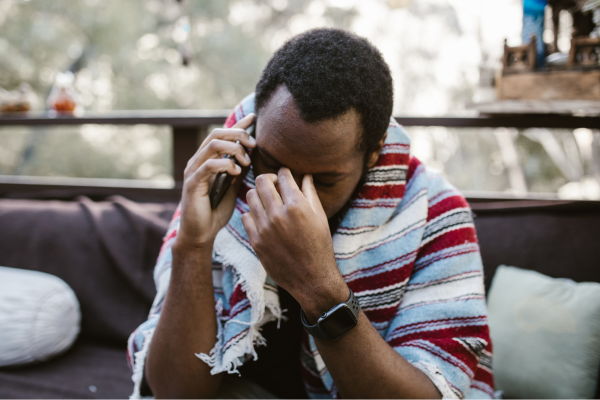
States have various laws regarding the party responsible for paying out settlements after an accident. So, does a settlement get paid out of the at-fault party’s pocket or by the insurance company in Florida?
Florida is a “no-fault” insurance state. In a no-fault state, each driver’s insurance typically pays for their own injuries and damages, no matter who was at fault. However, there are instances where the at-fault party’s insurance company may be part of the equation.
Florida No-Fault Insurance
Florida has a no-fault insurance system, and it requires all drivers to carry Personal Injury Protection (PIP) coverage. PIP coverage is meant to provide immediate medical coverage for injuries resulting from a car accident, no matter who was at fault. PIP coverage usually pays up to a specific limit for medical expenses and lost wages.
Limitations of PIP
PIP is the primary source of compensation after an auto accident, but it has limitations. In the case of severe injuries that exceed the PIP limits or under certain conditions, a person may be able to pursue a claim against the at-fault party.
Under Florida’s PIP law, 80% of medical bills are covered; the remaining 20% is your copay. You may also have a deductible. If you have health insurance, it can offset or eliminate your medical bills. The amount of coverage by law must be at least $10,000. However, PIP only covers up to $2,500 if a doctor does not recognize an emergency medical condition. This is why seeking medical care immediately after an accident is so important.
In addition to medical expenses, PIP will pay 60% of your lost wages up to the $10,000 limit.
Pursuing Compensation from the At-Fault Party
If the injuries you’ve suffered meet the criteria under Florida law, you may be eligible to file a personal injury lawsuit against the at-fault party. The criteria can include suffering permanent injuries, significant scarring or disfigurement, or other specific thresholds.
The goal of pursuing a claim against the at-fault party is to seek compensation for damages above what PIP will cover. This can include medical expenses, lost wages, pain and suffering, and other non-economic damages.
Role of the At-Fault Party’s Insurance
In most cases, the at-fault party’s insurance company is responsible for covering the damages when a lawsuit is filed. Florida does not require drivers to carry Bodily Injury Liability (BIL) coverage. This coverage is meant to compensate victims injured by the at-fault driver. BIL kicks in when the at-fault driver is found to be responsible for the accident.
The at-fault party’s insurance company will typically handle negotiations and payment for damages up to the limits of their policy. But BIL is not required, so if the driver does not have it, they can be legally pursued for damages, but receiving compensation may be difficult if the at-fault driver has limited assets.
Uninsured or Underinsured Motorist Coverage
In cases where the at-fault party does not have insurance or lacks sufficient coverage, the injured party’s own insurance may come into play. Uninsured/Underinsured Motorist (UM/UIM) coverage is not mandatory in Florida but offers additional protection for the policyholder if they are in an accident with an uninsured or underinsured driver.
Contact a Florida Car Accident Lawyer
Seeking the advice of a lawyer if you have been in an accident is essential. Though Florida is a no-fault state, you may be entitled to bring a personal injury claim against the responsible parties.
Our legal team has over 40 years of experience seeking justice for our clients who have been the victims of car accidents. Our attorneys have sought and won millions of dollars for our injured clients. Don’t allow your health and legal rights to go unaddressed after a car accident.
Call 850-601-1111 to schedule a complimentary consultation with no obligations. This consultation will help you explore your legal options. Let us help you fight for fair compensation.


